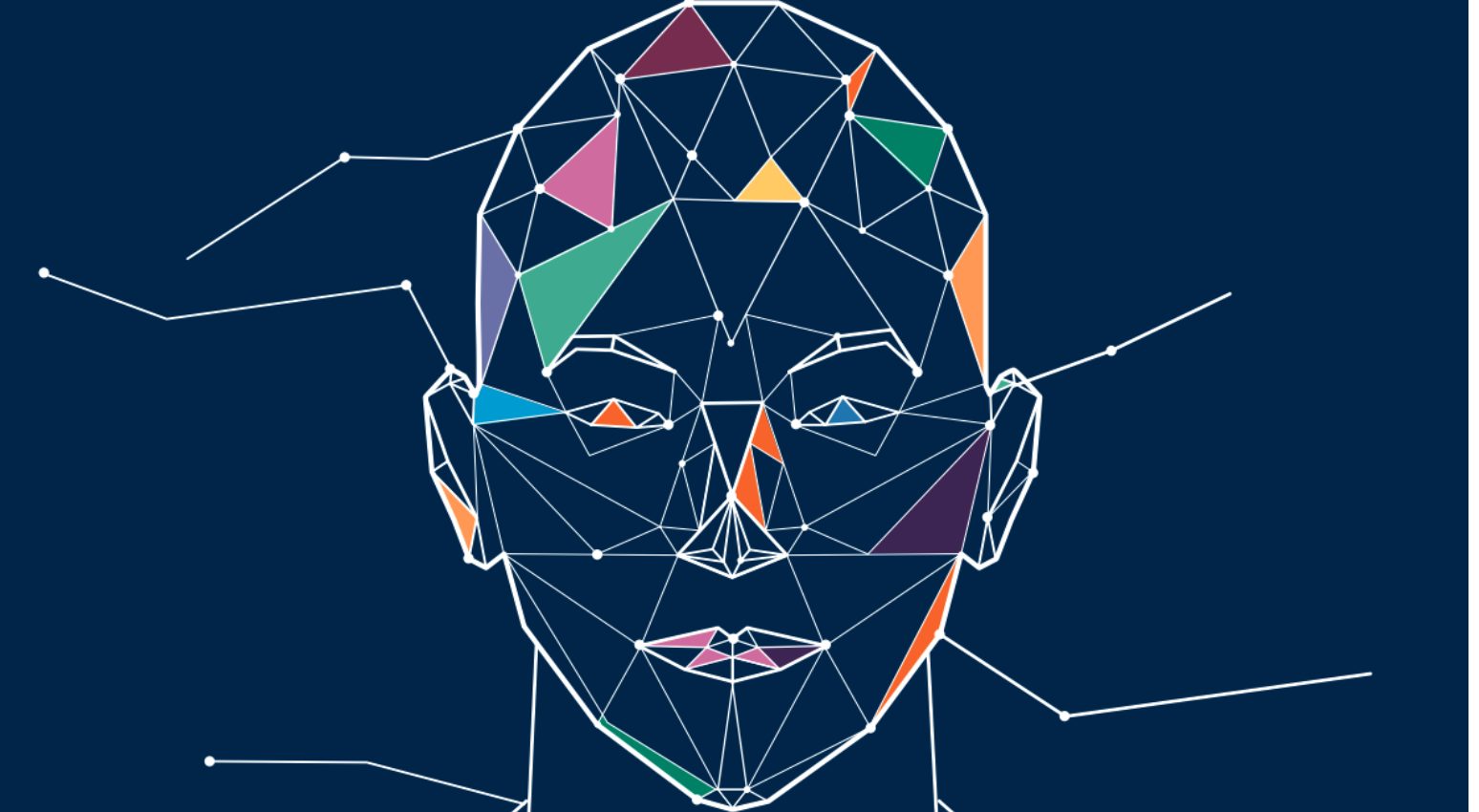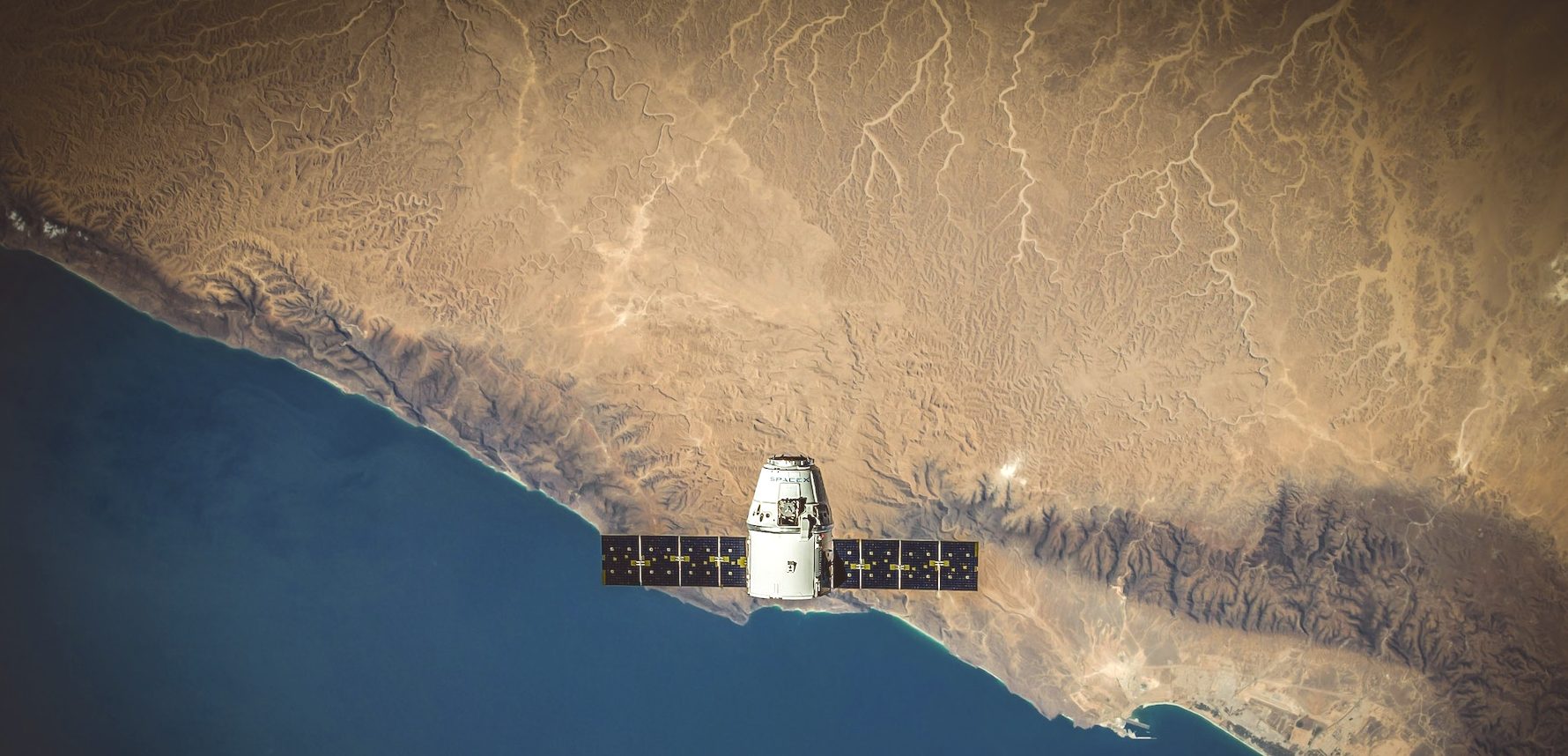This research looks at the types of chatbots that have been used by humanitarian and civil society organisations, why they were introduced, and what challenges were faced in implementing them.
Emerging Tech
Five considerations for humanitarians before designing & adopting chatbots
Last year we kicked off a project examining chatbot use in humanitarian work, with support from the IFRC and UNHCR. In this post, we share some of the key learnings for humanitarian organisations that emerged from our research.
In the humanitarian sector’s search for efficiency, are we falling short?
Over the decade that The Engine Room has been providing support and conducting research, we’ve explored this question of how, in practice, different digital technologies can augment the work of humanitarian organisations.
Innovation is not for free
How can we continue experimenting with technology’s liberatory potential, without sacrificing too much?
Predictive analytics for children: New research by The Engine Room and UNICEF
In partnership with UNICEF, we looked into predictive analytics specifically in relation to children. Read our report.
10 questions we’re asking about ethics & open source research
Questions and answers from a session held at Rightscon: ‘Using data ethically in humanitarian, human rights, and open source investigations’.
How we approached consent and security in our digital ID research
At the outset of our research project on digital ID, we aimed to design consent and data management processes that uphold the dignity and rights of the communities in our study
From hype to nuance: Civil society and technology
What we’re looking forward to exploring in 2020 when it comes to civil society and technology.
Tech Bias, People Bias
Though we’re increasingly focusing on the biases within technology, we shouldn’t turn away from the human decisions that put them there.
Our new review on the use of biometric technologies in the humanitarian sector
Our new report outlines the ways biometrics are being used in the humanitarian sector, and reviews the context in which Oxfam is deciding whether (and how) to integrate biometrics into its programmes.
Using what we know: How to ensure tech projects meet the brief
This post was originally published on the Making All Voices Count blog.
How to use satellite imagery for Human Rights Monitoring: our new library entry
We worked with Robin Pierro to create an introduction on using satellite imagery for human rights monitoring.
Announcing our new guide to investigative web research
We’ve just finished working with a partner to create an introductory guide to investigative web research. As part of our aim to encourage shared, open documentation about the use of technology in social change, we’re publishing it so that other people can use it too. The guide is designed for researchers, activists and journalists who […]
Announcing our new research on humanitarian futures for messaging apps
Messaging apps are the fastest growing form of digital communication ever, with smartphone ownership rising rapidly around the world and messaging becoming many people’s favourite way to communicate. But what does this mean for humanitarian organisations? Our new research report, produced in partnership with the International Committee of the Red Cross (ICRC) and the messaging […]














